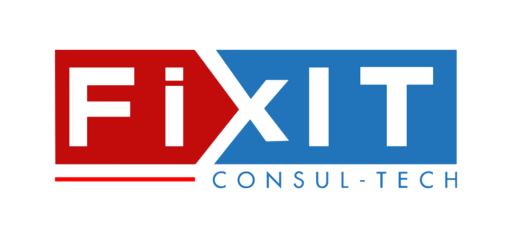In 2025, small business owners are navigating an increasingly complex financial landscape. From changing tax regulations to digital accounting tools, staying on top of finances is critical. Understanding bookkeeping basics is no longer optional, it is essential for maintaining accuracy, making informed decisions, and sustaining growth. Poor bookkeeping can lead to costly mistakes, missed tax deductions, and mismanaged cash flow.
Understanding Bookkeeping
Bookkeeping is the systematic recording and organizing of your business’s financial transactions. It ensures that every sale, purchase, and expense is accurately tracked, creating a foundation for reporting and decision-making. Without proper bookkeeping, small businesses risk financial errors, unexpected cash flow issues, and regulatory non-compliance.
Proper bookkeeping provides a clear snapshot of your financial health, making it easier to plan for growth, secure loans, and demonstrate transparency to investors or partners.
Key Bookkeeping Practices
1. Separate Business and Personal Finances
Mixing personal and business accounts is a common mistake among small business owners. Keeping finances separate ensures clarity, simplifies tax preparation, and protects your personal assets in case of legal or financial issues.
2. Choose the Right Accounting Method
Selecting between cash basis and accrual accounting depends on your business needs. Cash basis is simpler for tracking immediate income and expenses, while accrual provides a more accurate picture of long-term profitability.
3. Utilize Accounting Software
Leveraging digital tools like QuickBooks, Xero, or Wave Accounting reduces errors, automates repetitive tasks, and generates real-time insights. These tools also simplify reporting, reconciliation, and compliance with tax laws.
4. Regularly Reconcile Accounts
Reconciling bank statements with internal records ensures that every transaction is accounted for, preventing errors, fraud, or overlooked income. Businesses that reconcile monthly can identify discrepancies early and maintain accurate cash flow.
5. Maintain Detailed Records
Organize invoices, receipts, and financial documents systematically. Accurate documentation supports audits, tax deductions, and financial analysis, giving business owners confidence in their decision-making.
Common Bookkeeping Mistakes to Avoid
- Neglecting Regular Updates: Delayed bookkeeping leads to inaccurate statements and lost tax deductions.
- Overlooking Small Transactions: Even minor expenses can accumulate and impact profitability if ignored.
- Misclassifying Expenses: Mislabeling costs can distort reports and result in higher taxes.
- Skipping Reconciliations: Inconsistent reconciliations can hide errors and make audits stressful.
- Ignoring Financial Reports: Not reviewing income statements or balance sheets prevents timely corrective action.
The Importance of Bookkeeping for Small Businesses
Proper bookkeeping provides several advantages:
-
- Financial Clarity:
Proper bookkeeping gives you a clear picture of your business finances. You can track where your money is coming from, where it’s going, and which areas of your business are most profitable. For healthcare practices, specialized healthcare accounting ensures that revenue from services and insurance claims is accurately recorded. - Tax Compliance:
Accurate and up-to-date bookkeeping ensures that your business meets all tax obligations on time. It helps you claim eligible deductions and avoid costly penalties or audits. In the healthcare sector, healthcare accounting and bookkeeping are essential to remain compliant with medical billing regulations and tax laws. - Informed Decision-Making:
With a solid bookkeeping system, you have reliable data to guide your decisions. You can plan budgets more effectively, make informed hiring choices, and determine which strategies will drive growth. Decisions backed by accurate financial data reduce risk and increase your chances of success. - Investor & Lender Confidence:
Well-maintained financial records show professionalism and operational competence to investors and lenders. They provide transparency that builds trust and makes your business a more attractive candidate for funding. Accurate books make it easier to secure loans, attract investors, or negotiate better financing terms.
- Financial Clarity:
Statistics Highlighting Bookkeeping Importance:
- 60% of small business owners admit they lack financial knowledge for proper accounting.
- 70% of small businesses operate without an accountant, increasing the risk of errors.
- Low financial literacy can cost small business owners an average of $118,121 in lost profits.
Conclusion
Mastering bookkeeping basics in 2025 is crucial for small business success. Accurate records support strategic decision-making, maximize profitability, and provide clarity on your financial health. With organized books, business owners can reduce stress, identify growth opportunities, and scale their operations sustainably.
For small businesses looking to streamline their finances, professional services like FixIT offer reliable bookkeeping and accounting support. From maintaining precise records to delivering actionable insights, FixIT enables business owners to focus on growth while ensuring their financial foundation is strong and fully compliant.
Ready to take control of your finances and make smarter business decisions? Reach out to us today to see how we can help your business thrive.

